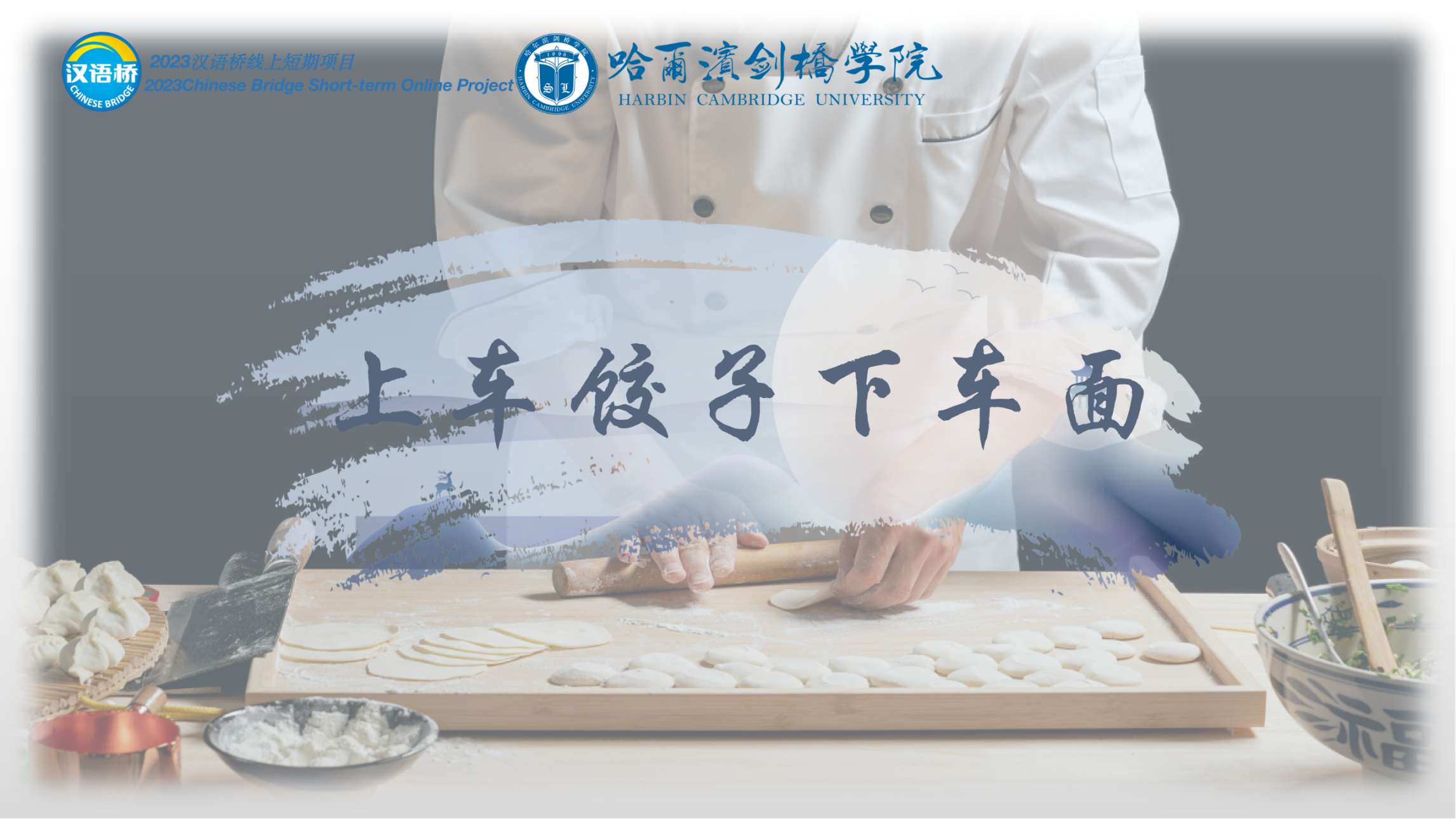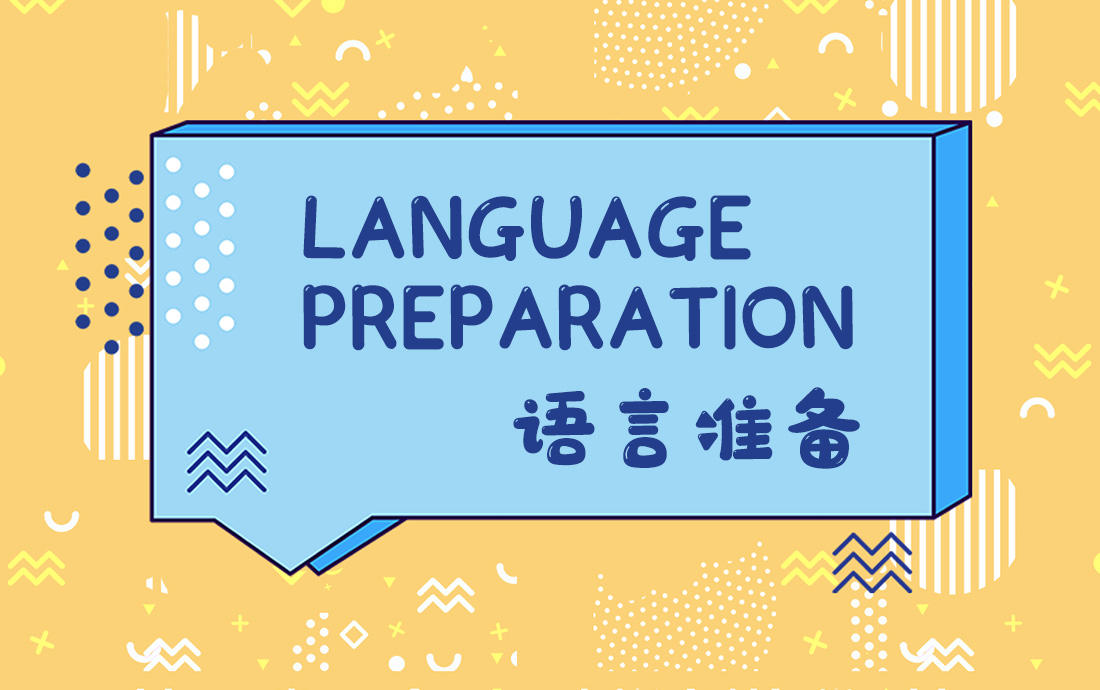Dumpling for Farewell ,Noodle for Welcome
上车饺子下车面

Course Syllabus 课程章节
1There is a saying of "getting on the dumpling and getting off the noodles", This refers to eating dumplings for the person to be sent off, When receiving the wind, eat noodles for the person being received. There are also those who say "see off dumplings and welcome noodles", There are also those who say, "Go out and make dumplings. Go home and make noodles." or "Get on the horse and make dumplings. Get off the horse.". This custom has a long history and profound meaning. It has been used by the people until now, and has become an important etiquette for people to welcome and send off. In the north, when children and relatives want to go away, the elders will make a meal of dumplings to see them off. At this time, the dumplings are not only packed with delicious food, but also full of family affection. Relatives gather together and pack the friendship of blood thicker than water into "gold ingots", so that relatives who travel far can take them to the ends of the world and the end of time. Therefore, those who work hard outside will miss their hometown and relatives when they start to make dumplings. Although small, it contains feelings larger than the sky and deeper than the sea. That's why we eat dumplings when we get on the bus. Children and relatives come back from a long trip, temporarily ending the pain of parting and missing. The elders will give a bowl of fragrant noodles to welcome them back, hoping that their relatives will accompany them for a long time. That's why you have to eat noodles when you get off the bus. "People have joys and sorrows, and this is difficult to complete in ancient times". It is common for relatives to get together and disperse. People use dumplings and noodles to express their deep feelings for each other. Food is used as a medium to convey feelings, which makes people think about things. This kind of thinking is daily, hourly and everlasting.
在北方传统习俗中,有“上车饺子,下车面”一说,这是指送行的时候给被送人吃饺子,接风时给被接的人吃面条。也有说“送客饺子,迎客面”的,还有说“出门饺子,回家面”,或“上马饺子,下马面”的。这一习俗历史久远,寓意深长,一直被百姓沿用至今,已成为人们迎来送往的一个重要礼节。
在北方,每当儿女、亲人要出远门,长辈就会包一顿饺子为其送行。这时饺子里面包裹的不仅仅是美味佳肴,更是浓浓的亲情。亲人相聚一堂,将血浓于水的情谊包进一个个“金元宝”之中,让远行的亲人带到天涯海角,带到地老天荒,所以,那些在外奔波劳碌的人们,一端起水饺,就会思念家乡,思念亲人。虽小,它蕴涵的情愫比天大,比海深。这就是为什么上车要吃饺子。
儿女、亲人远行归来,暂时结束了离别思念之苦,长辈又会下一碗香喷喷的面条,欢迎归来,希望亲人从此长长久久伴随在自己身边。这就是为什么下车要吃面
“人有悲欢离合,此事古难全”。亲人的聚聚散散是平常的事,人们利用饺子面条这些寻常食品来表达彼此的深情。以食物作为传情的媒介,让人睹物思情,这种思念是每日每时的,是天长地久的。





